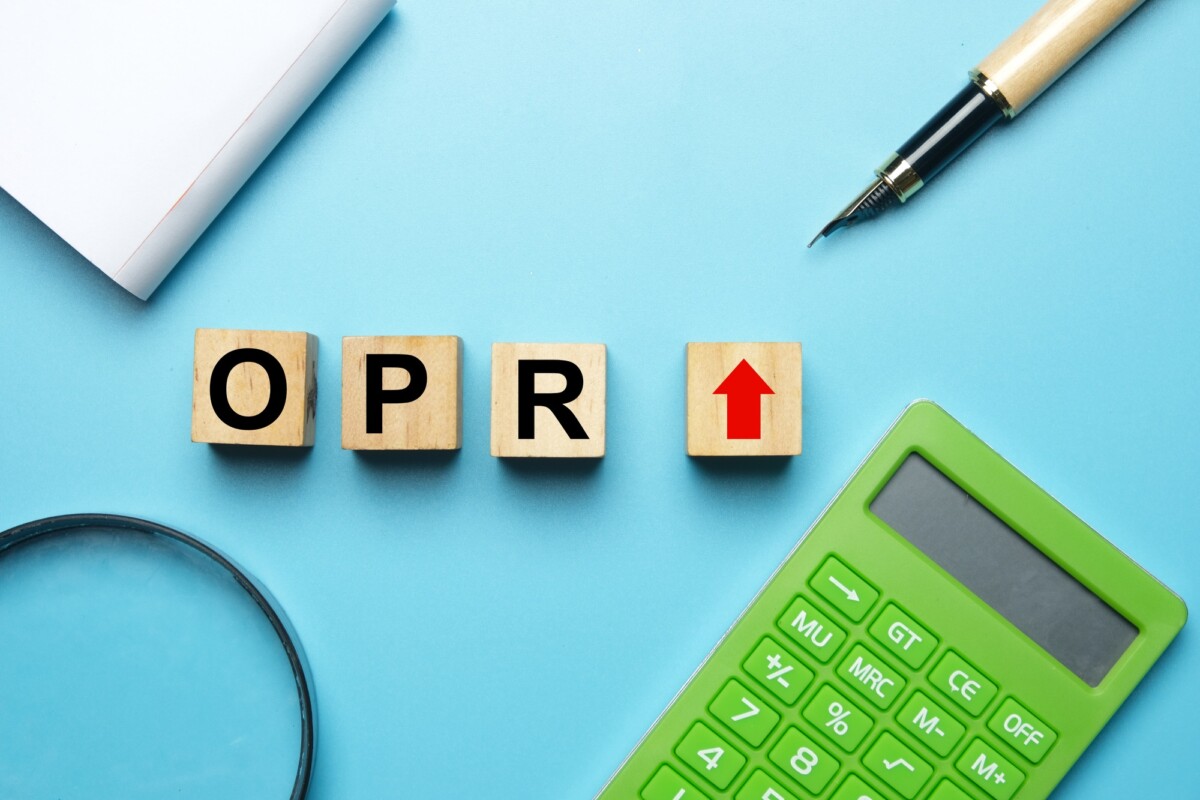What is Supplemental Life Insurance?
Sometimes, your life insurance might not be enough. You might have purchased a plan before you started a family, or your family has grown, or maybe there are just new circumstances that might affect your finances in the future. Then you might need some supplemental life insurance.
What is supplemental life insurance?
Supplemental life insurance is sometimes known as Voluntary life insurance, and it is coverage that offers extra protection in addition to your previous insurance. Most employers offer this insurance coverage to full-time employees, and though it might not be much, a little additional protection wouldn’t hurt.
However, supplemental life insurance provided by an employer isn’t a coverage to entirely rely on as such coverage is usually canceled at the termination of your employment with the organization or your resignation. Even if you hope to spend your entire career with one company, it isn’t realistic, and company-provided supplemental life insurance isn’t transferrable. So, you might need to look into purchasing a supplemental life insurance policy for yourself.
Do I need supplemental life insurance?
You might be wondering when you should start looking to purchase a supplemental life insurance policy. Here are a few clues;
- You just started a family: If you purchased a life insurance policy before you got married, chances are the death benefit of that plan might not be enough to cater for your final rites in addition to providing for your family. So, to avoid leaving your family in a tight spot, supplemental life insurance is a great idea.
- A partner stops working: In the event that your spouse gets fired or has to quit their job for one reason or the other and perhaps cannot work for an extended period, a supplemental life insurance policy would not be a bad idea. Should a partner suddenly kick the bucket, the insurance would cushion the financial blow and ease the struggle that would otherwise ensue.
- Kids in college: If you have children in college, you should really consider getting supplemental life insurance. This would help ensure that should you “shuffle off this mortal coil” before they graduate, your kids would have enough support to finish strong.
- New House: If you just took out a loan or mortgage for a new home, then supplemental life insurance is right up your alley. Biting the dust before you have completed the payment on your mortgage can leave a sour taste in the mouth of your loved ones. Supplemental coverage can help ease the strain on their finances and settle future payments.
Types of supplemental life insurance
Supplemental life insurance policies usually have a higher coverage limit than basic life insurance. There are several types of supplemental life insurance that you can opt-in for. Some of them include;
- Final expense Insurance: This is a plan that helps cover the costs of the last rites and burial arrangements. Usually, with a payout between $5000 and $25,000, it is a plan that is ideal for someone looking for a plan that would cover funeral costs but doesn’t want to opt-in for whole life insurance.
- Accidental Deaths and Dismemberment: This plan is also known as AD&D, and it covers the holder should they take their big sleep by a covered accident. It has an advantage as it can pay out the beneficiary even while the insured is still alive and help ease and make up for the loss of income. It is ideal and generally favored by people in high-risk professions.
- Disability Insurance: This is a coverage that would benefit you if you work in a profession with a higher-than-average risk of disability, sustaining debilitating accidents and illness, or dismemberment. As opposed to AD&D, there is no guarantee of receiving a death benefit in the event of death.
Making arrangements for the welfare of your loved ones is pretty important and should not be taking for granted. You should make as many preparations as possible to make life easier for them after you kick the bucket, so you don’t have to kick yourself when you are down on them from the afterlife.
However, insurance is like a raincoat, not really of much use unless it’s raining and you need to use it. It can bring peace of mind, but you should care to match your plan to your needs while taking cognizance of your present financial situation so you don’t over-extend yourself.




